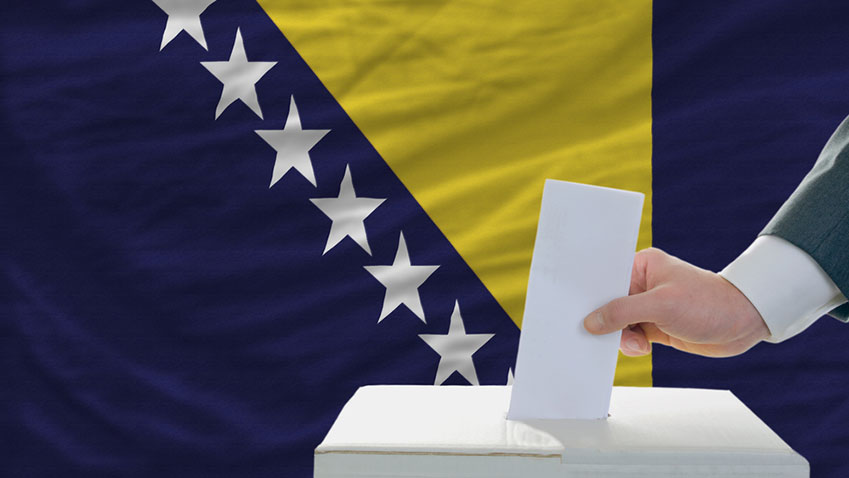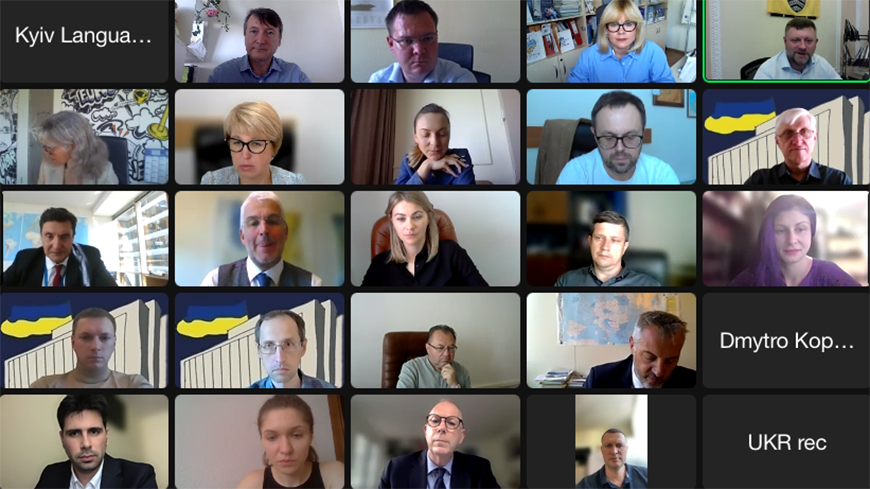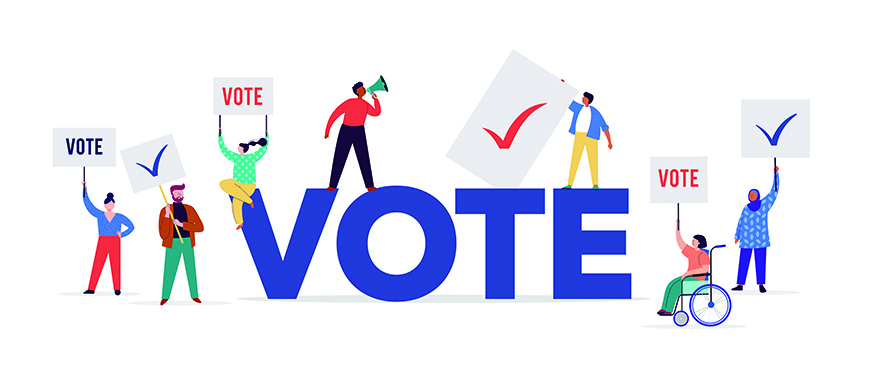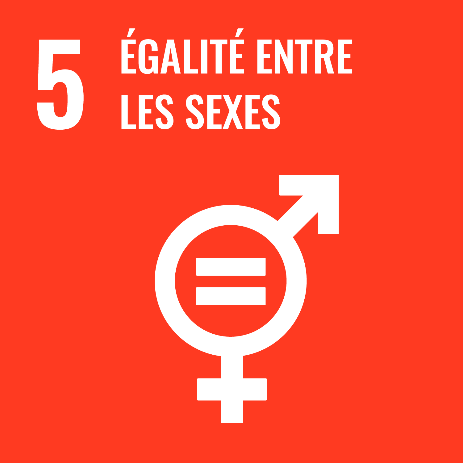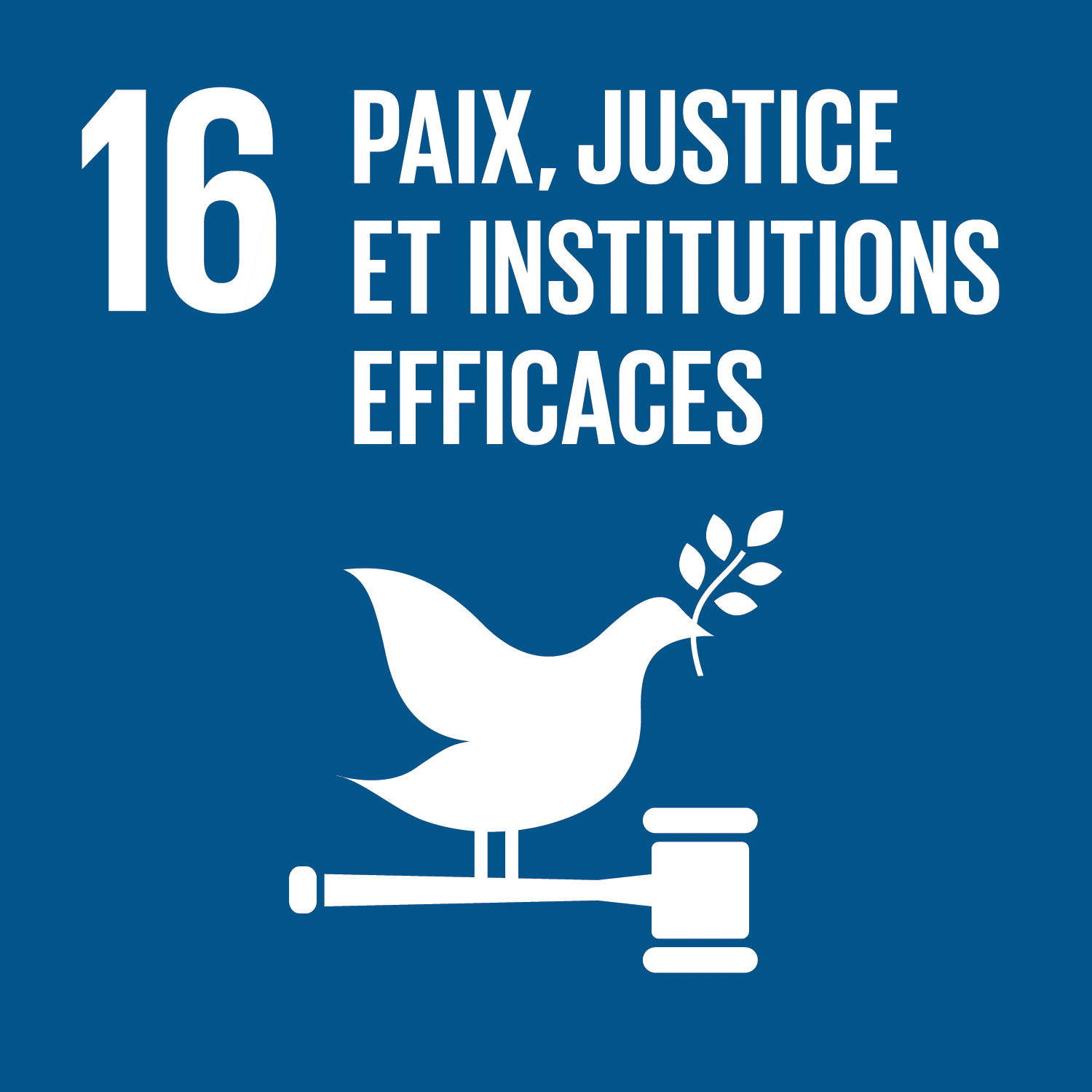Le 27 septembre 2023, une présentation en ligne de l'analyse d'experts sur les élections, qui fait partie du projet de feuille de route sur la bonne gouvernance démocratique en Ukraine, a été présentée par les experts du Conseil de l'Europe aux membres et représentants de la Commission parlementaire du pouvoir d'État, de l'autonomie locale, du développement régional et urbain, ainsi qu'aux membres et représentants de la Commission électorale centrale.
Cette analyse d'experts sur les élections, élaborée dans le cadre du suivi des accords conclus lors du dialogue de haut niveau " Bonne gouvernance démocratique en Ukraine : réalisations, défis et perspectives d'avenir dans la période d'après-guerre " qui s'est tenu au siège de Strasbourg les 8 et 9 novembre 2022, a été fournie en réponse à une demande de M. Oleksandr KORNIYENKO, premier Vice-président du Parlement ukrainien.
Dans son discours d'ouverture, M. Oleksandr KORNIYENKO a estimé qu'il était impossible d'organiser des élections pendant la guerre, tout en soulignant l'importance, et en se félicitant des discussions avec les experts, d'un plan d'action clair et complet afin d'élaborer les solutions et les mécanismes permettant la tenue d'élections démocratiques après la guerre en Ukraine, conformément aux normes et aux bonnes pratiques électorales internationales et européennes.
Mme Claudia LUCIANI, Directrice de la Dignité humaine, de l'égalité et de la gouvernance du Conseil de l'Europe, a souligné l'importance des élections démocratiques d'après-guerre en Ukraine dans le contexte du statut de candidat de l'Ukraine et de la poursuite de son chemin vers l'adhésion à l'Union Européenne. A cet égard, elle a évoqué la nécessité de disposer de critères clairs permettant de mesurer et d'évaluer l'existence des conditions démocratiques préalables nécessaires à la tenue d'élections d'après-guerre en Ukraine, ainsi que l'importance d'un cadre juridique électoral solide et stable en place bien avant les élections d'après-guerre. C'est là que le soutien des experts du Conseil de l'Europe peut être le plus bénéfique.
Après la présentation de l'analyse des experts, les participants à la réunion se sont consultés et ont échangé sur les prochaines étapes et les mesures à prendre pour élaborer davantage le projet de feuille de route en ce qui concerne les élections, ainsi que sur le soutien du Conseil de l'Europe nécessaire à cet égard.
La réunion et la présentation ont été organisées dans le cadre du projet du Conseil de l'Europe "Soutenir les élections démocratiques d'après-guerre en Ukraine", mis en œuvre dans le cadre du Plan d'action du Conseil de l'Europe pour l'Ukraine "Résilience, redressement et reconstruction" 2023 - 2026.



